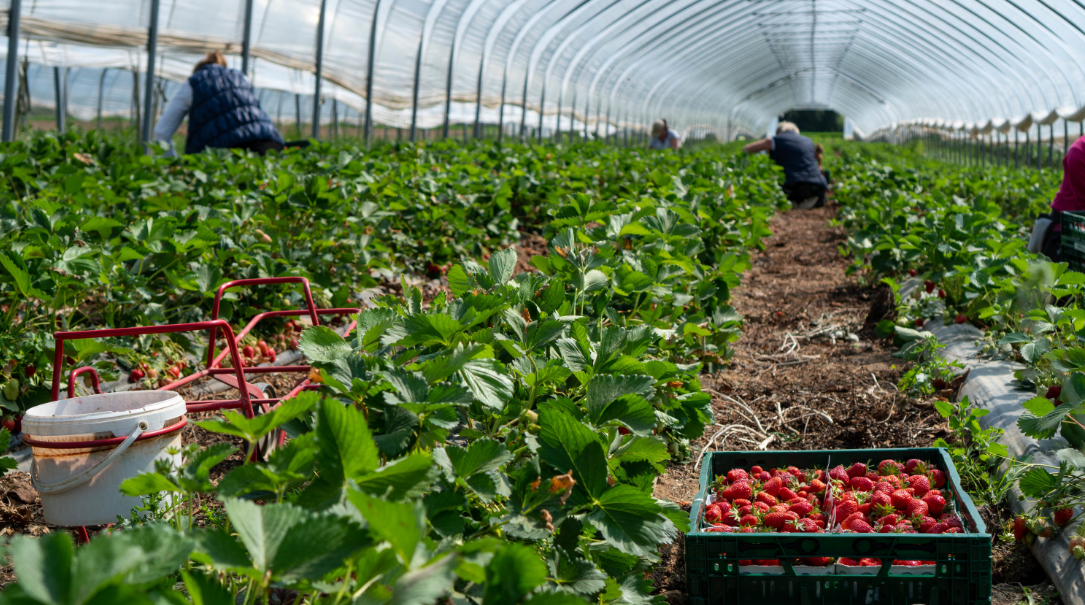
Environment secretary Therese Coffey has emphasised the need to improve food productivity and sustainability in a speech to farmers, amidst warnings of dangers facing the UK’s supply chain.
During an address to the National Farmers’ Union (NFU) conference today (22 February), Coffey praised farmers for feeding Britons during a turbulent year and said “keeping the country fed is what farming is for”.
She also stressed the importance of protecting the environment alongside sustainable food production, reports Irish News.
Secure borders
Coffey also highlighted the importance of biosecurity, following the recent outbreak of avian influenza, saying secure borders were an effective first line of defence and a key element of the UK’s plant biosecurity strategy.
“And we will be saying more soon about how we will be enhancing biosecurity controls at our borders even further, so we make things more straightforward and less burdensome by embracing innovation and digitisation,” she added.
New funding
Farming minister Mark Spencer told the conference that a new scheme delivering £168m in grants will focus on practical solutions that advance food productivity and deliver environmental and animal welfare benefits.
Spencer said: “Helping farms invest in new technology as well as bringing in nature-friendly schemes will support the future of farming.”
Defra has also announced new funding for vet-led health and welfare checks for livestock and plans to introduce funding to promote enhanced productivity, innovation and improved animal health and welfare in smaller abattoirs.
The funding forms part of the government’s commitment to spend around £600m on grants over three years, funded out of the £2.4bn annual farming budget.
Shortages
The focus on productivity comes as NFU president Minette Batters told Sky News that British vegetables could be rationed this year as farmers struggle to meet energy costs.
Supermarkets such as Asda and Morrisons have already placed restrictions on the quantities of various fresh food products that customers can buy, according to the Telegraph.
Batters said production of some British vegetables grown in heated buildings, such as tomatoes and cucumbers, was already falling and many glasshouses are empty or mothballed.
The NFU president called on the government to extend support via the Energy and Trade Intensive Industries scheme to horticulture and poultry, some of farming’s most energy-dependent sectors.
Clock ‘ticking’
Agricultural costs have risen by almost 50% since 2019 and the bird flu-hit poultry industry has seen UK egg production fall to its lowest level in nine years, she told the BBC.
She added that the food security issue needed addressing:
“The clock is ticking. And it’s ticking for government - to start putting meaningful, tangible and effective meat on the bones of the commitments it has made.”



